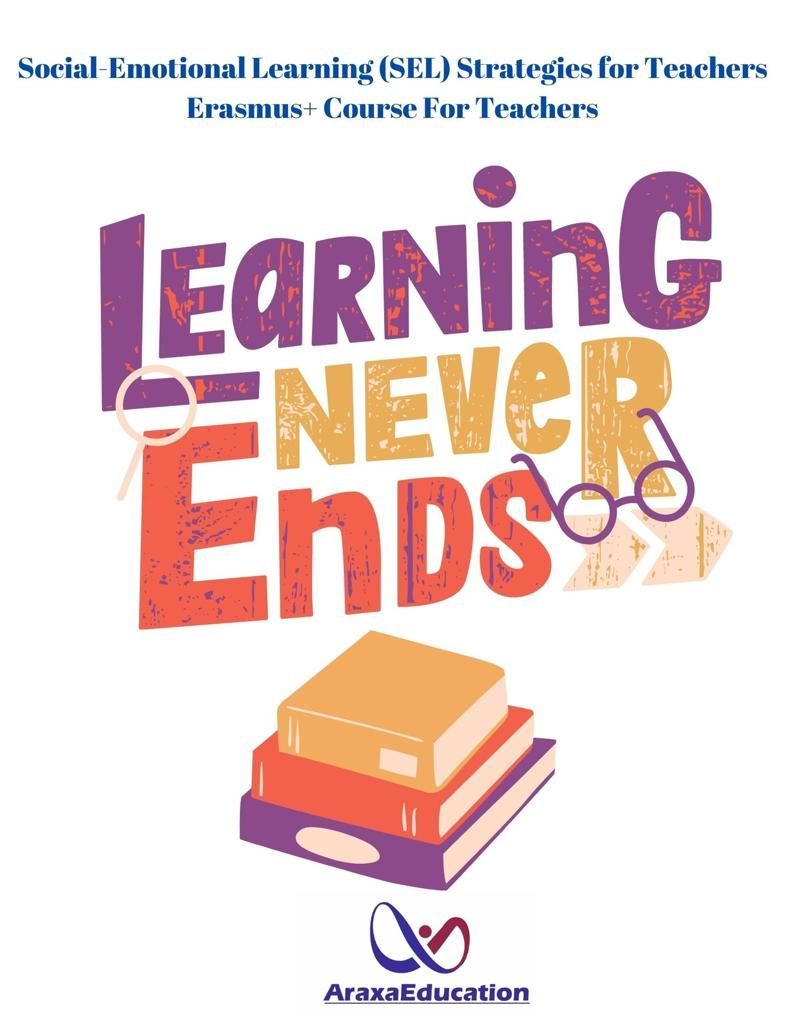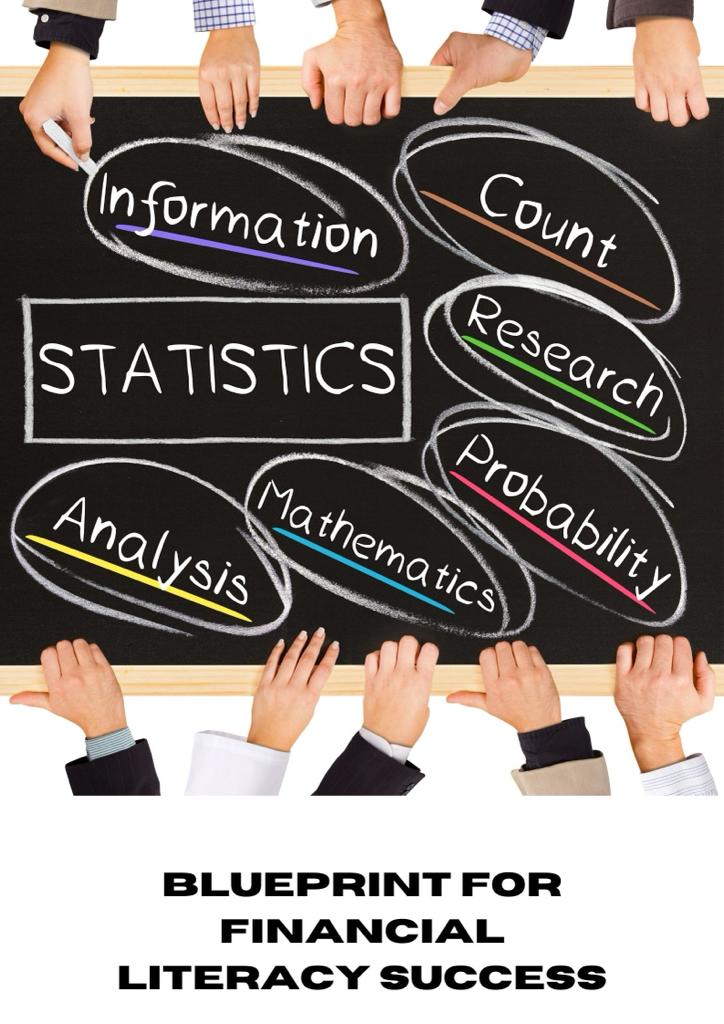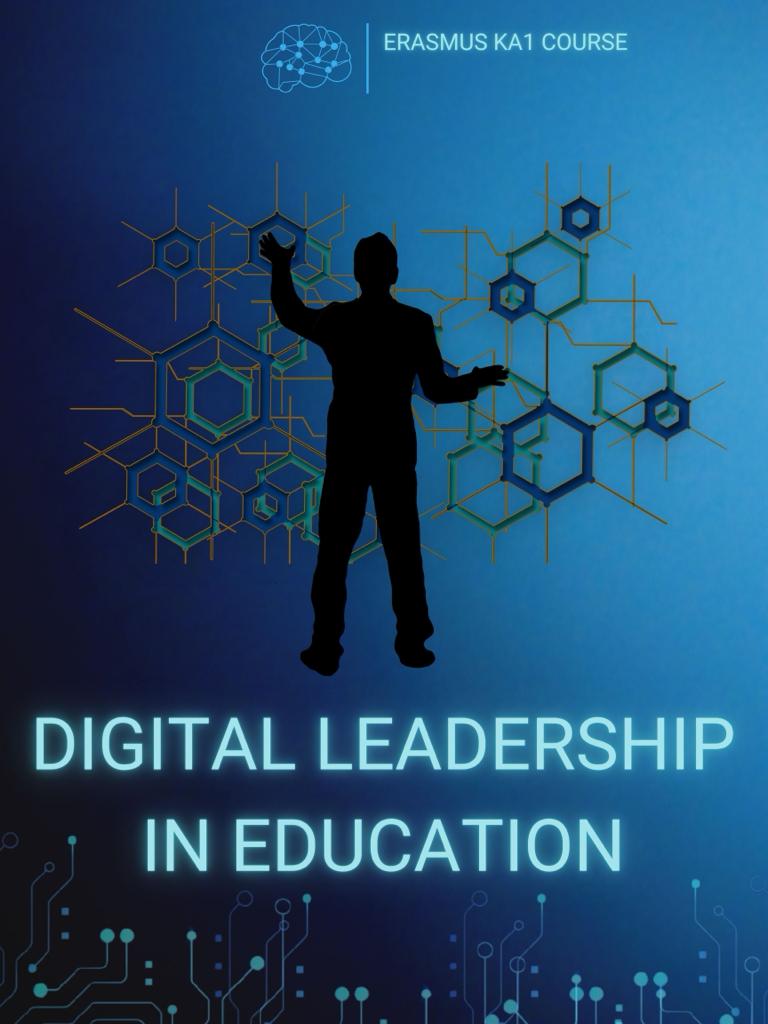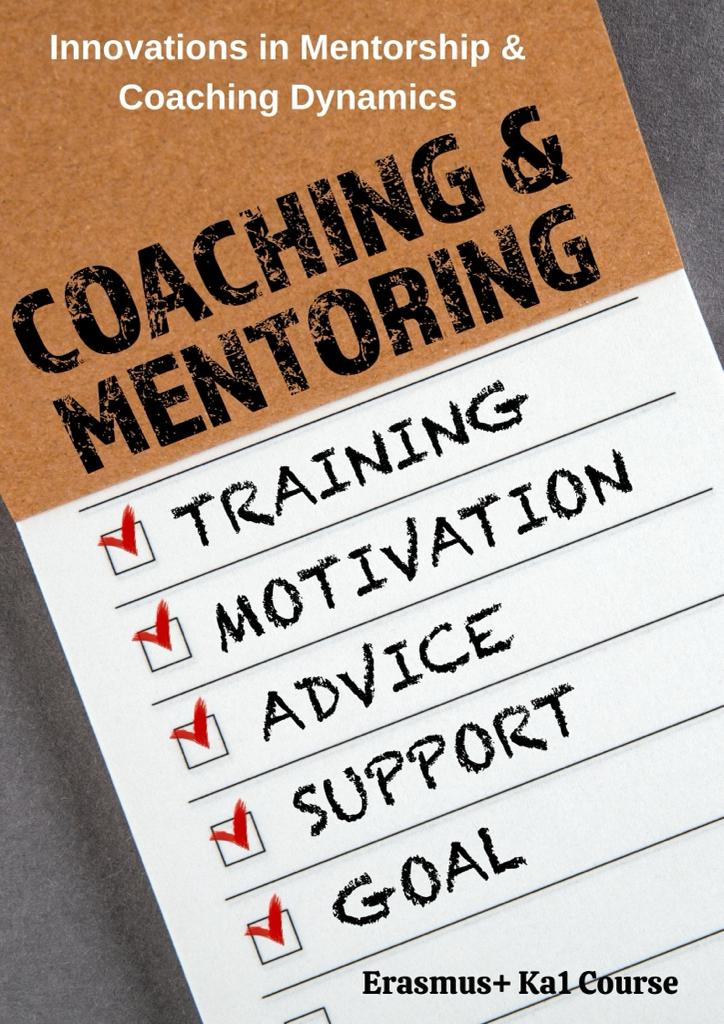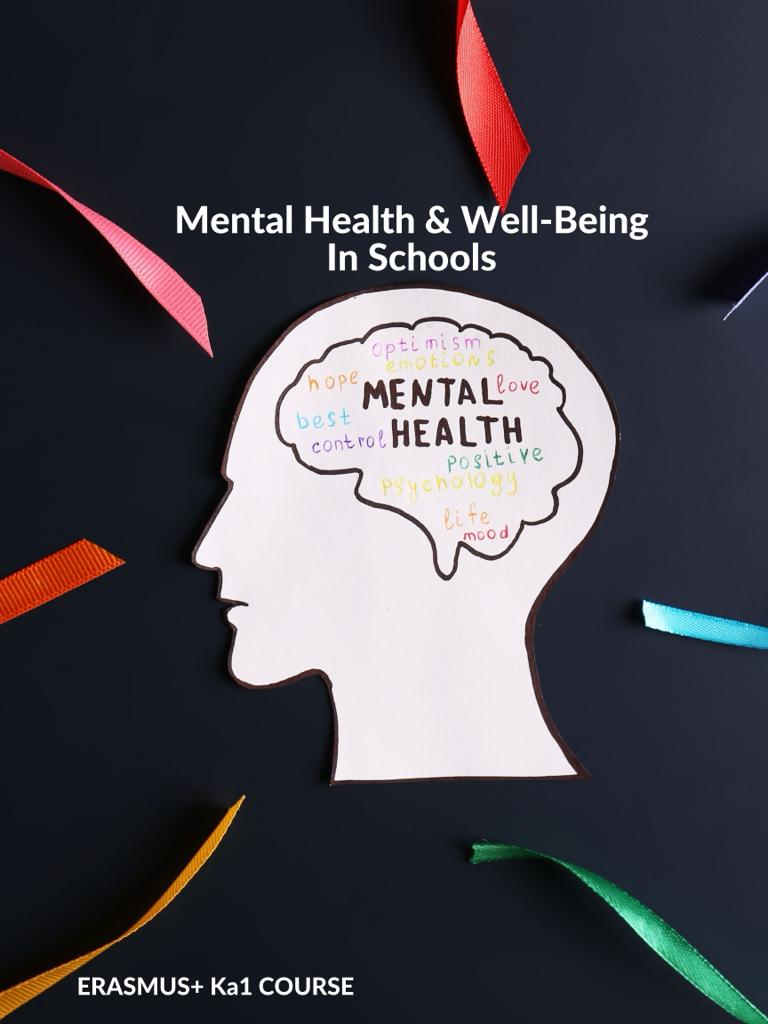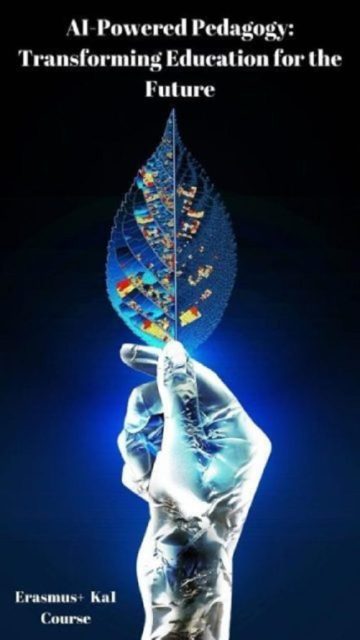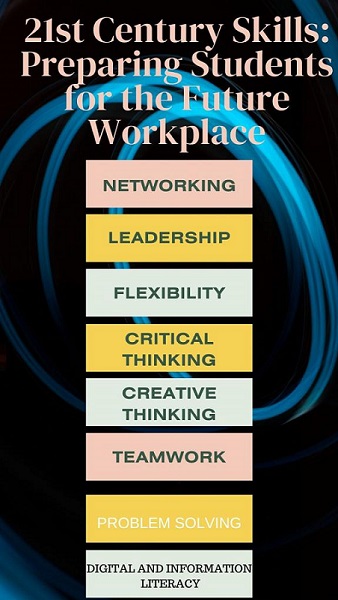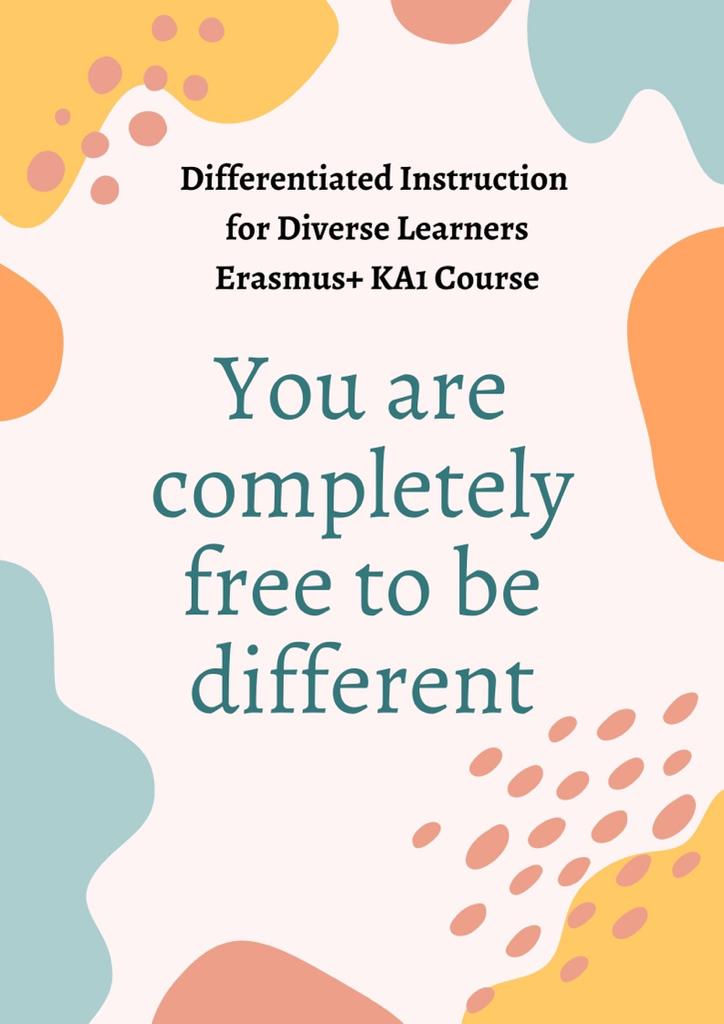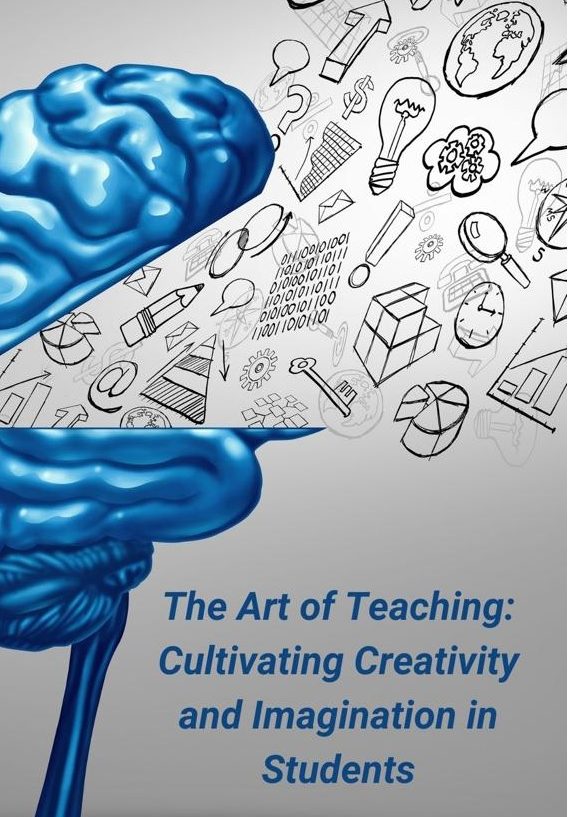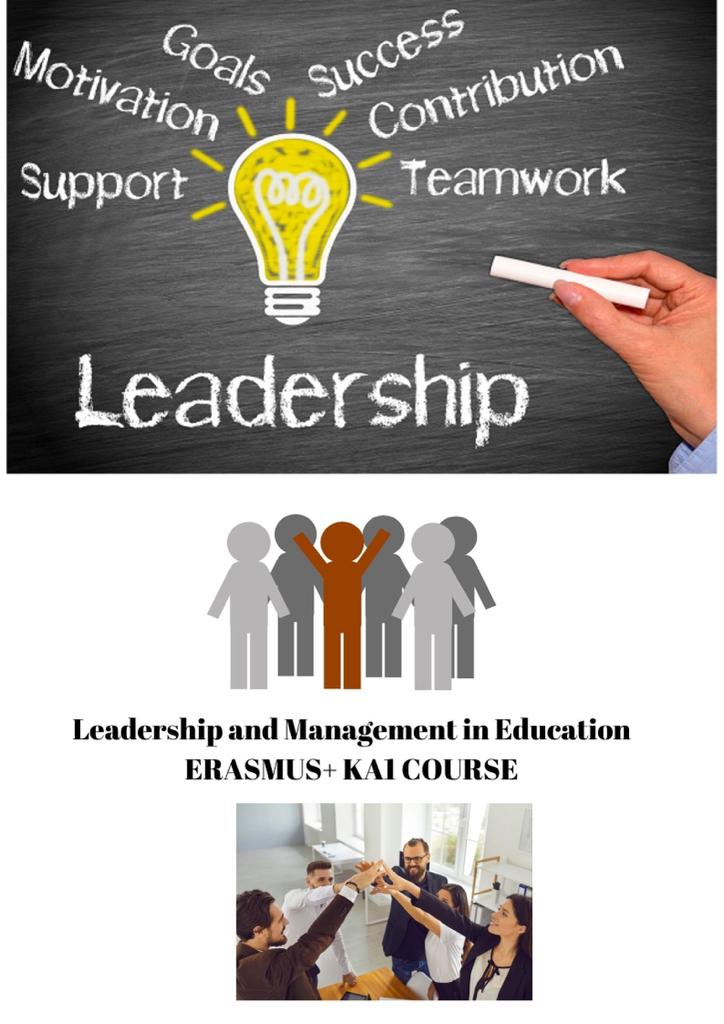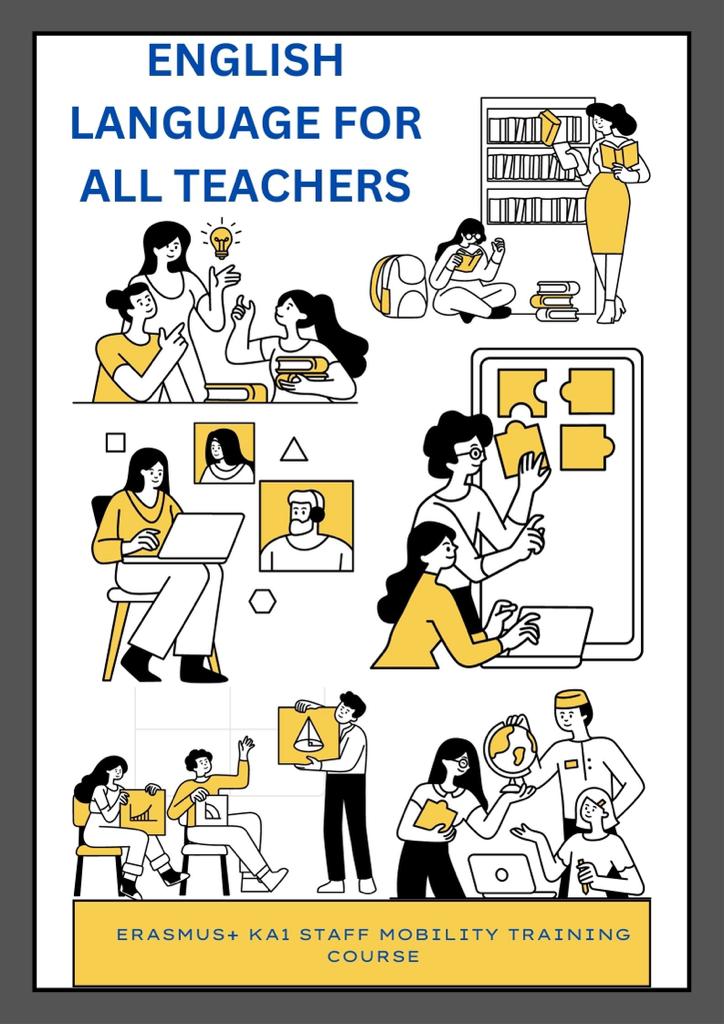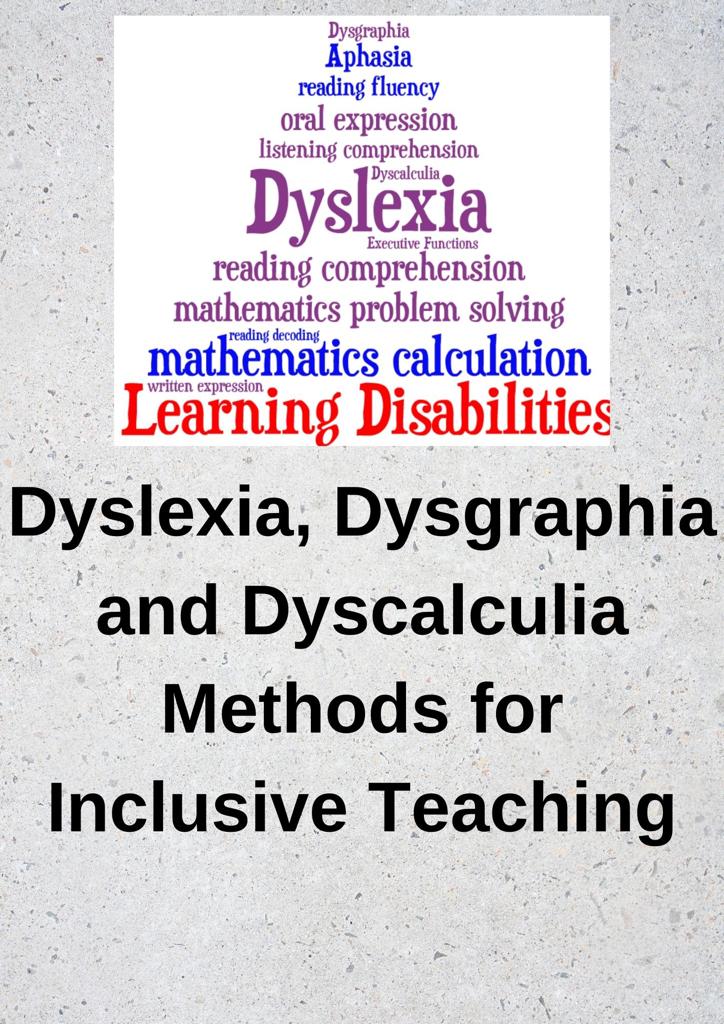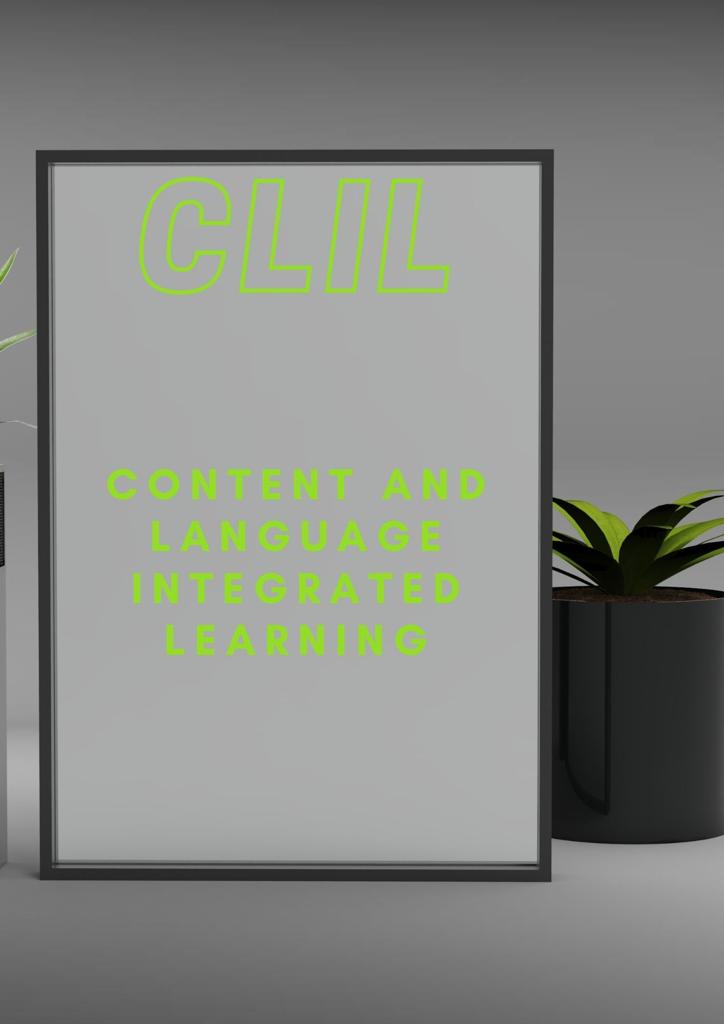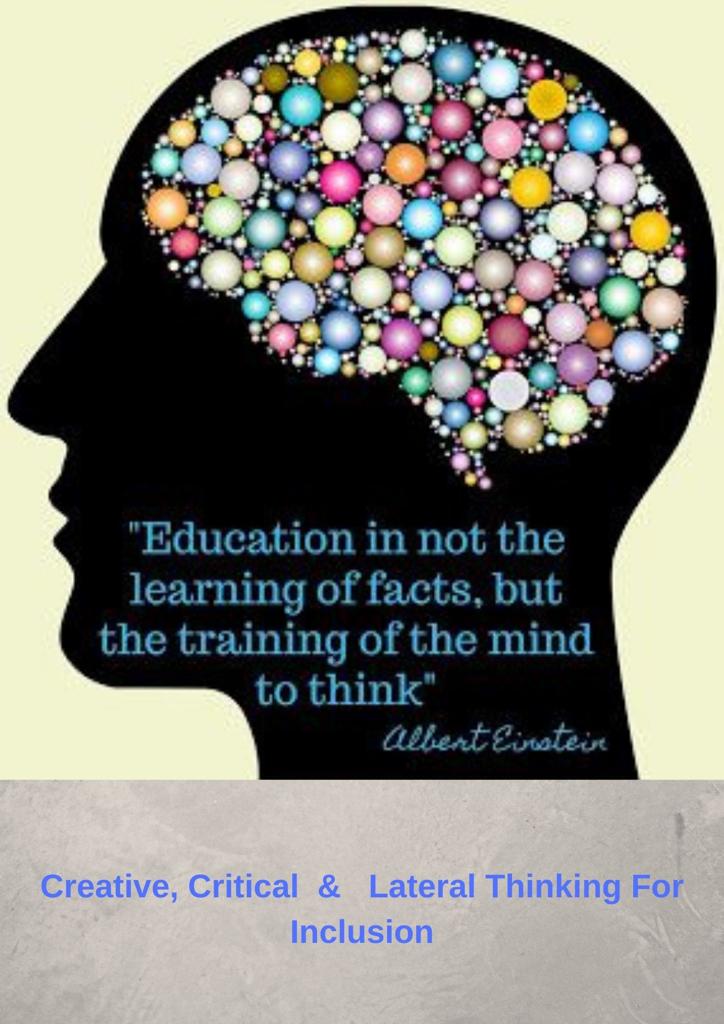| Course Description | This Erasmus+ course is designed to equip teachers with effective strategies and techniques for promoting social-emotional learning (SEL) in their classrooms. Participants will learn about the importance of SEL in education and gain practical skills to enhance their ability to create a positive learning environment that supports student well-being and academic success.
Throughout the Erasmus+ course, participants will explore various SEL strategies and tools, such as positive communication, active listening, conflict resolution, and mindfulness practices. They will also develop an understanding of how to implement these techniques in the classroom, tailor them to the specific needs of their students, and evaluate their effectiveness. Through engaging activities and discussions, participants will deepen their knowledge of SEL theory and research and apply it to their teaching practice. By the end of the course, participants will have gained the skills and confidence to implement effective SEL strategies in their classrooms and help students develop the social-emotional skills necessary for success in school and beyond. |
| Methodologies Of The Course | The Social-Emotional Learning (SEL) Strategies for Teachers Erasmus+ course utilizes a variety of methodologies to provide a comprehensive learning experience. These include:
Overall, the Erasmus+ KA1 course for teachers is designed to provide participants with a variety of methodologies that are both theoretical and practical, enabling them to gain a solid understanding of SEL and how it can be integrated into their own classrooms. |
|
Learning Outcomes |
These learning outcomes aim to help teachers enhance their ability to promote SEL skills among their students, while also developing their own social-emotional competencies. |
| Language | English |
| Duration | 5 Days |
| Type of Certification Awarded |
|
Schedule of the activities
|
Online Meeting Program |
|
| Day 1 |
|
| Day 2 |
|
| Day 3 |
|
| Day 4 |
|
| Day 5 |
|
| Online Meeting Program | Dissemination |
| Course Fee | The course fee is 80 euros per participant per day.
This fee does not cover some expenses like accommodation or travel etc. Costs covering enrolment fees for staff mobility format ‘Courses and training’. ( Source: Erasmus+ Program Guide) |
|
PLANNED |
Budapest, Hungary
1. May 13-17, 2024 2. June 10-14, 2024 3. July 08-12, 2024 4. August 12-16, 2024 5. September 09-13, 2024
Rome, Italy 1. May 20-24, 2024 2. June 17-21, 2024 3. July 15-19, 2024 4. August 19-23, 2024 5. September 16-20, 2024
Paris, France 1. May 27-31, 2024 2. June 24-28, 2024 3. July 22-26, 2024 4. August 26-30, 2024 5. September 23-27, 2024
Barcelona, Spain 1. June 03-07, 2024 2. July 01-05, 2024 3. July 29-August 02, 2024 4. August 05-09, 2024 5. September 02-06, 2024
Lisbon, Portugal 1. June 10-14, 2024 2. July 08-12, 2024 3. August 12-16, 2024 4. September 09-13, 2024 5. October 07-11, 2024
Thessaloniki, Greece 1. June 17-21, 2024 2. July 15-19, 2024 3. August 19-23, 2024 4. September 16-20, 2024 5. October 14-18, 2024
İstanbul, Türkiye 1. May 13 – 17, 2024 2. June 24-28, 2024 3. July 22-26, 2024 4. August 26-30, 2024 5. September 23-27, 2024 6. October 21-25, 2024 |
You can also make requests for different dates and locations when filling out the pre-registration form, aside from the planned program.
Social-Emotional Learning (SEL) is an essential aspect of education, equipping students with the skills to manage their emotions, build positive relationships, and make responsible decisions. With this in mind, the demand for teachers with expertise in SEL strategies has grown significantly. Our Erasmus+ KA1 course, “Social-Emotional Learning (SEL) Strategies for Teachers”, provides an opportunity for educators to expand their knowledge and learn evidence-based techniques to foster a positive classroom environment.
During the Erasmus+ course, participants will explore various SEL approaches, such as mindfulness, positive behavior support, and trauma-informed teaching. Our experienced trainers will guide you through practical activities, role-playing scenarios, and reflective discussions, allowing you to gain insights into how these strategies can be implemented in your own classroom.
Moreover, this Erasmus+ KA1 course is designed to meet the needs of educators who want to integrate internationalization into their teaching practices. Our trainers will share examples of successful Erasmus+ projects that incorporate SEL strategies, providing you with ideas and inspiration for your own project proposals.
By the end of the Erasmus+ course for teachers, you will have gained a comprehensive understanding of the importance of SEL, acquired a variety of SEL strategies, and developed a plan for implementing these techniques into your classroom practice.
Join us for our “Social-Emotional Learning (SEL) Strategies for Teachers” Erasmus+ KA1 course and take the first step towards becoming a confident and effective SEL educator.

